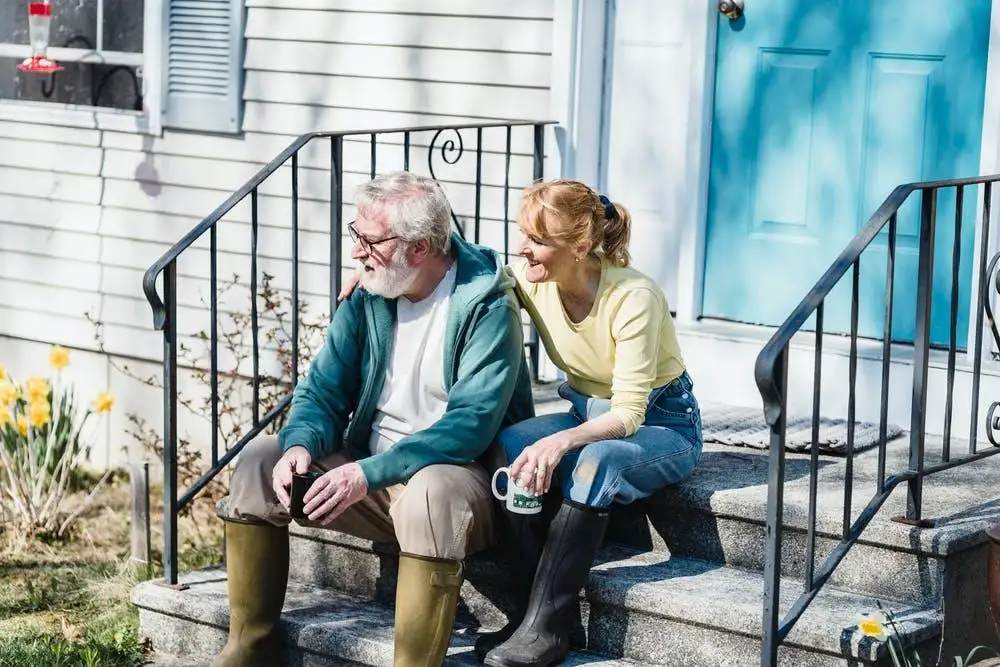Seniors who are looking to stay busy during retirement or build a company that they can pass down to their grandchildren can look into the business of flipping homes. For those not in the know, the act of flipping houses involves finding properties that are in need of repair, fixing them up, and then selling them for a profit. Successful house flippers can make around 40% in profit per property, so it can be a smart investment if done right. Global Real Estate Development shares a few tips for seniors who are just getting started.
Finding Homes to Flip
After a long life of hard work, you probably have plenty of plans in your elder years, so you don’t want to waste a lot of time flipping houses that won’t produce a good profit. There are a few aspects to consider when looking at potential properties, and one is location. Research to find a home in a growing neighborhood or one that is surrounded by shopping centers, schools, and hospitals that people will want to live near.
The experts at NerdWallet suggest finding a home that is below market value, so you will spend less initially and have more money left over for renovations. You can find the market value through online research or by hiring an appraiser. Once you are done, you can sell the home for more than you bought it to earn a profit.
Of course, you will also want to find a home that is in sound condition. It doesn’t have to be perfect, as that is the reason you are flipping the home, but if you are just getting started, you want to start with a house with fewer fixes so you can get the hang of things. You can determine the real condition of the home by hiring an inspector.
The Finances of Flipping
Once you have found a potential home, you need to determine if it is worth the cost and how much profit you can really gain. To do so, use the 70% rule, which says that the buyer shouldn’t pay more than 70% of how much the home will be worth after repairs. This is the rule experts use, and seniors would be smart to follow it as well.
Another way to go about deciding whether or not to flip a particular home is to use your home inspector to take a deep dive into what needs to be fixed around the home, including surface changes, faulty appliances, HVAC upgrades, foundation problems, etc., and get a total estimated price. Then, add 20% onto the total estimate just to be safe. From there, you can decide to continue or find a different property.
Making Renovations
Once you officially own the home, it is time to make the renovations and create a beautiful property that potential customers will flock towards. Unless you can do any of the work yourself, you will need to find reputable contractors to assist. Take your time on this, as you want to find professionals that take their jobs seriously. Network and join online house flipping communities to ask for references or read customer reviews of potential companies to make sure you hire the best. You will also need to beware of their prices and negotiate when possible. When they do start working with you, it is important to keep payroll in check and carefully watch the hours that the contractors put in so you are not over-billed.
Once the home is in tip-top shape, solicit the expertise of a real estate agent who knows your desired market in and out to get the best price and make a profit worthy of your work. On the listing, make sure to mention everything that has been fixed and added to the home as a selling point.
If you are retired and looking to stay busy and make some money on the side, then you can’t go wrong with flipping houses. Heed the advice above and speak to other like-minded seniors for tips, and you’ll be amazed at how a business like this can grow.



